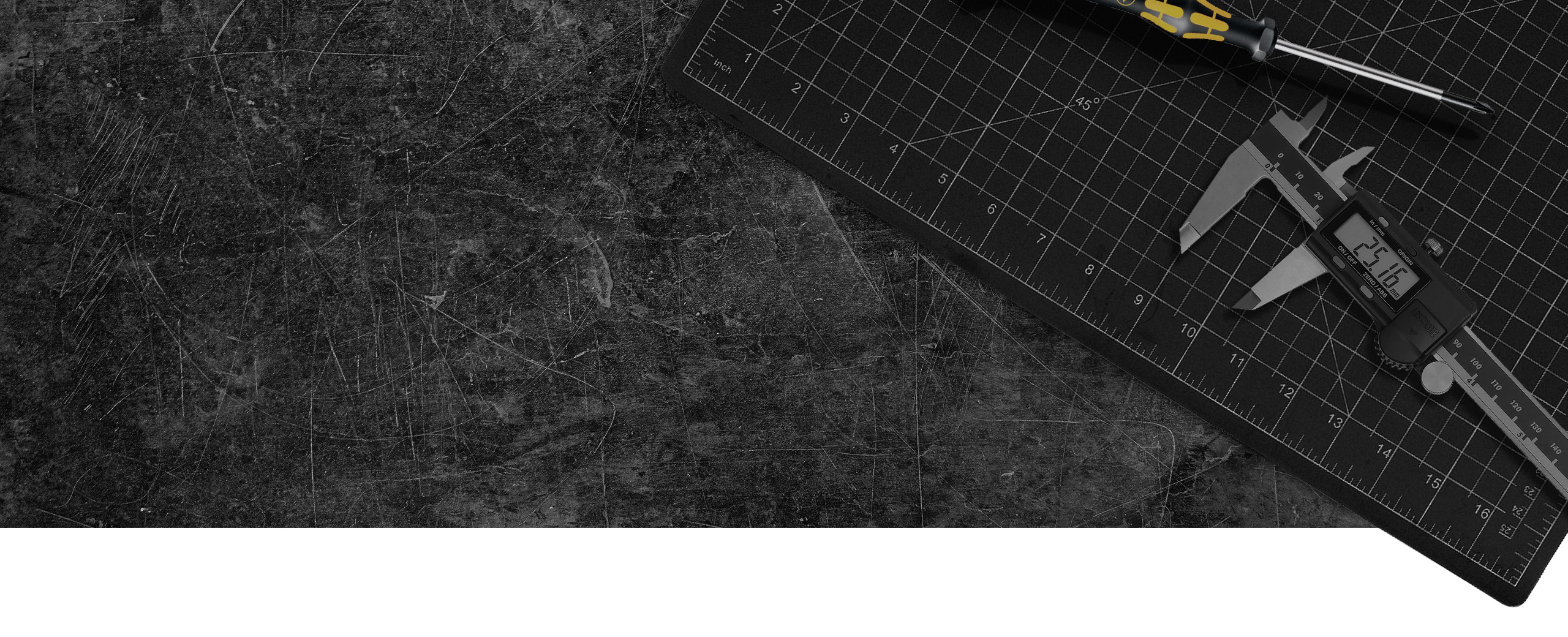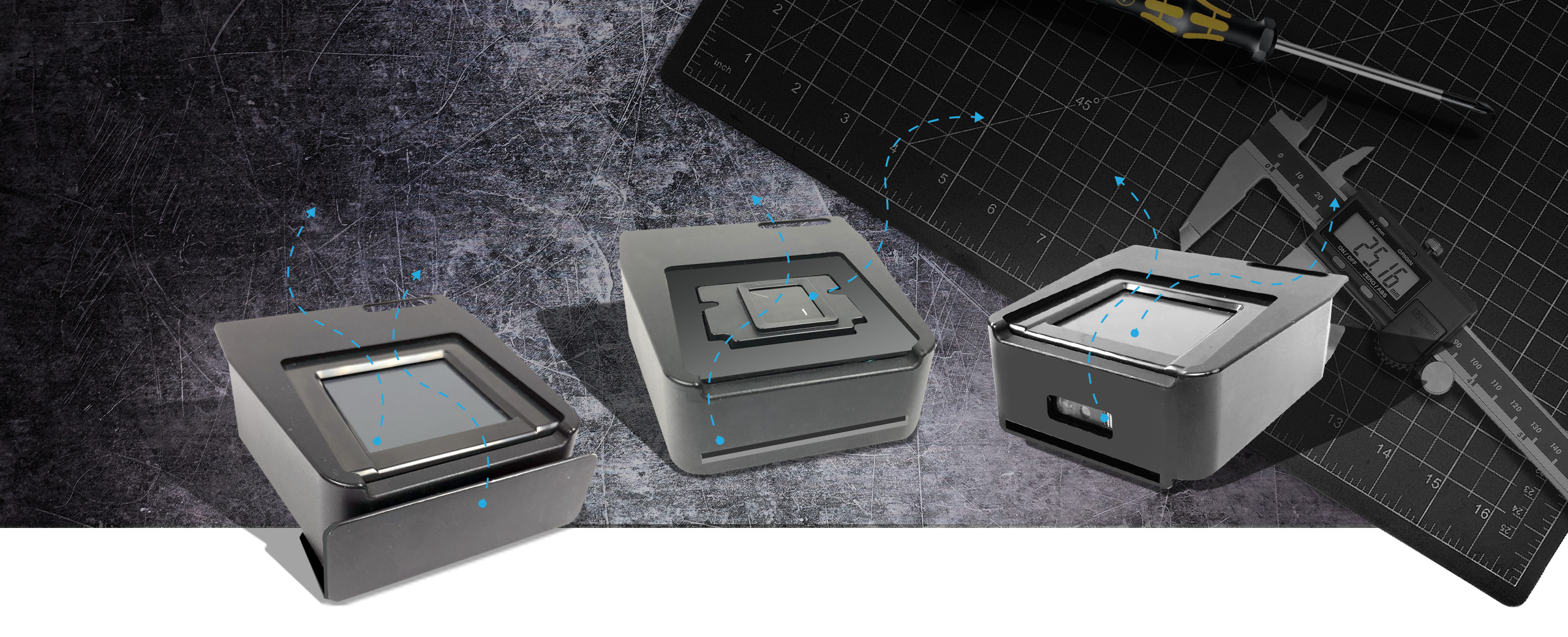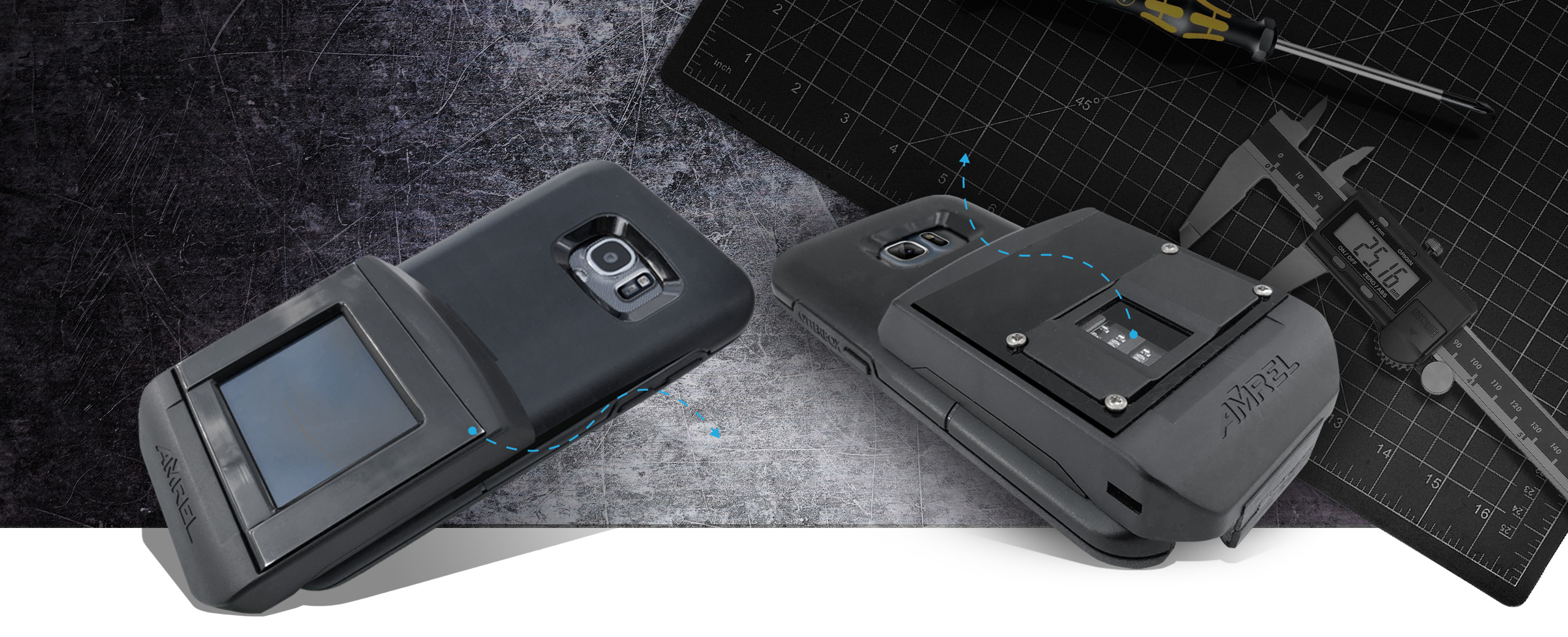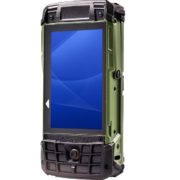More and more enterprises are adopting mobile solutions. Mobile devices boost employee satisfaction, enhance productivity, increase efficiency, and improve communication.
They also cause headaches. BIG headaches. In order to have a smile on your face, instead of pain in your head, take a quick look at some common business mobile mistakes that you want to avoid.
Bring Your Own Problem
Bring Your Own Device (BYOD) is very popular. Employees like doing work on their own devices, and not having to learn a new operating system. Employers like the fact that employees are paying for their own business equipment.
In fact, BYOD is a big success, except when it isn’t. Some common problems enterprises run into are:
- Support for cross-platform applications. Listen carefully, and you will hear the sound of IT support personnel all around the world pulling out their hair as they try to ensure that the latest program upgrade is compatible on Windows, Windows CE, Android, and Apple platforms. One of the big drawbacks of BYOD is that IT guys must become overnight experts on everything.
- Information “walking away.” So you fired that one problem employee who made life miserable for everyone. Good for you! Did you notice that he walked off with a ton of proprietary information in his personal mobile phone? Didn’t you install a remote wipe function? Oops.
- Industry specific problems. If you work in the medical field, you have to ensure all devices meet rigorous HIPPA standards. If you are working in the Defense industry, everything has to be encrypted. Making sure all your employees’ personal devices meet your specific industry requirements and work together with each other is not impossible. But it’s no fun either.
This is by far not a conclusive list. For a more details on the joys and tribulations of BYOD, see BYOD Pros & Cons [INFOGRAPHIC].
Cheap is expensive
You decide BYOD is not for you. The next step is to buy the right mobile device for your staff. Of course, you want to save money, so you buy the cheapest decent mobile device you can find.
Turns out that the initial cost of a purchase is a minor part of the Total Cost of Ownership. A study by VDC Research raised some eyebrows when they reported that for mobile computers, the expenses of repair, replacement, missing data, and lost productivity were far larger than the initial cost.
They recommended investing in “rugged” computers, which often have a higher purchase price than their commercial counterparts. These durable devices have been hardened to withstand shock, temperature extremes, dust, water, and other severe environmental factors. Popular with military and police, these tough computers are also being adopted by businesses in order to save money in the long term.
Don’t forget the connectors
Considering the myriad of details that one must evaluate during a mobile device purchase, it’s easy to overlook something a prosaic as connectors. However, humble connectors can have a surprising impact, especially when you are dealing with legacy or heterogeneous equipment. Field technicians may need to download information from remote sensors. Repairmen might require a mobile device that can interact with a testing machine. Warehouse workers may need a mobile platform that can directly connect to the company’s mainframe. All these tasks may necessitate specific kinds of connectors, or even customized ones. Be sure to check out the connectors before you purchase.
Ask for the moon
“What I really need is a mobile device that has an RFID reader, a Point of Sale device, and a fingerprint sensor. Of course, such a thing does not exist, and I can’t afford to build one from scratch.”
No matter how ridiculous you think your request is, ask. If you are reading this article, there is a good chance that you are not an expert in this field. You do not know what is possible, and there is a chance that a professional will know of a solution that would have never have occurred to you.
Think big. Buy small.
When you are dealing with a challenging purchase, there is a temptation to rely on the big well-known brands. The problem is that the larger a company, the less agile it is.
For example, you want the value of a Commercial Off the Shelf (COTS) product, but you have specific needs that cannot be met by the standard offerings. Customization is expensive, and often requires unreasonably large orders. Wouldn’t be great if you got the best of both COTS and customization?
There is such a thing and it is called “Customized COTS,” which has been embraced by some of the smaller mobile device manufacturers. Due to their smaller size, they are able to deliver products that have the value of COTS and the advantages of customization even for low value orders, often with minimal Non Recurring Engineering (NRE) fees. Seek and you will find them.
Of course, there are many other considerations one must weigh before buying mobile devices for your enterprise. If you have any questions please consult the experts at AMREL. Call (800) 882–673, email cdinfo@amrel.com, or visit computers.amrel.com.












